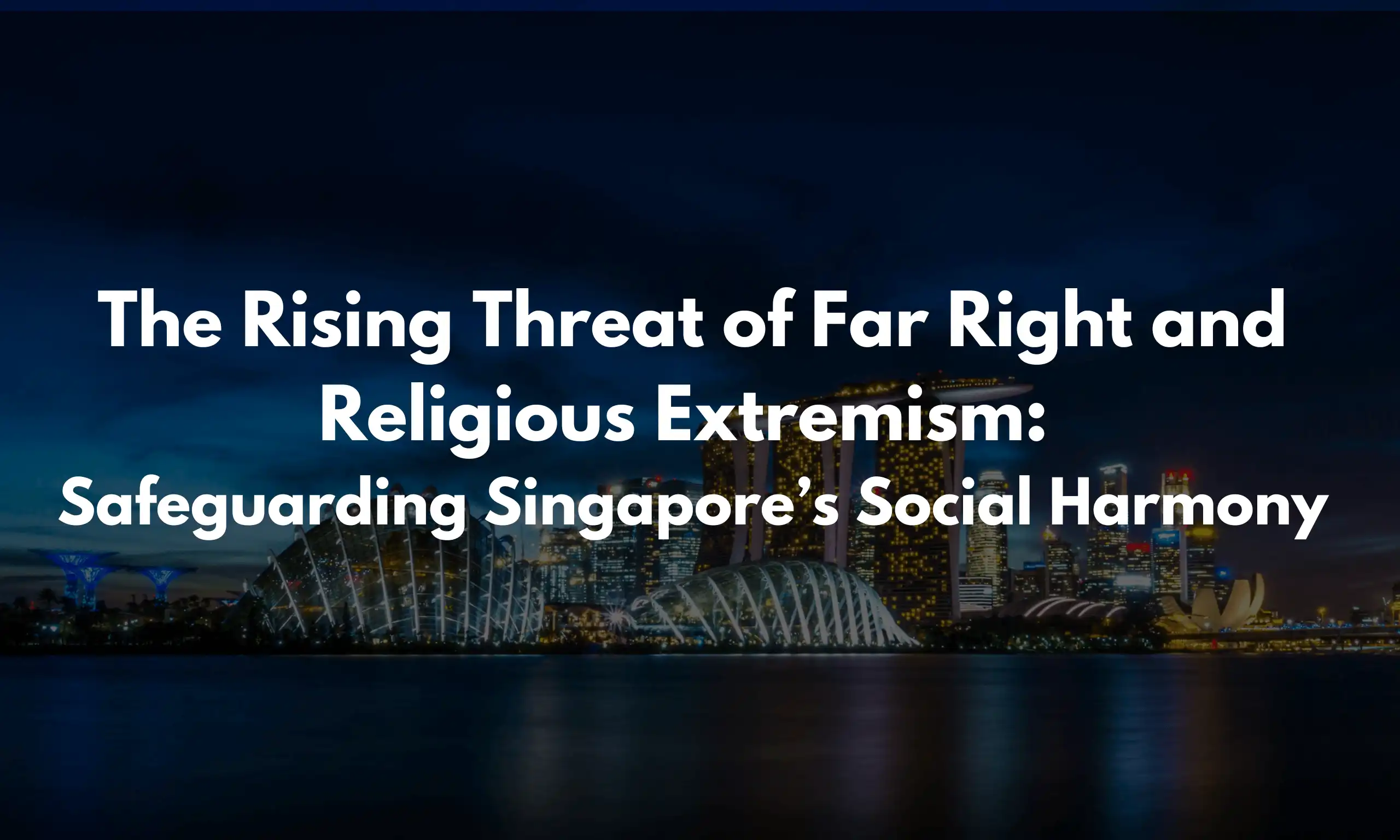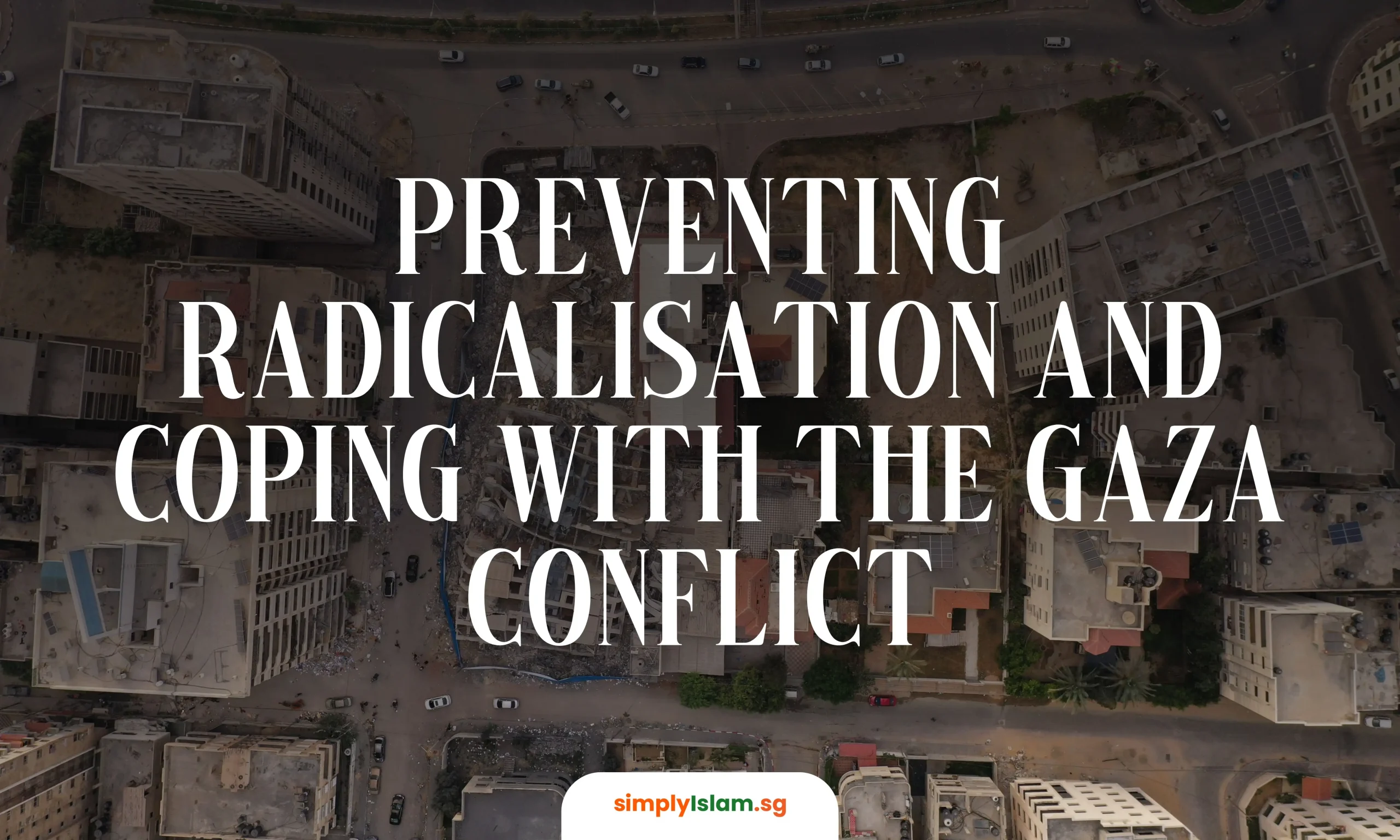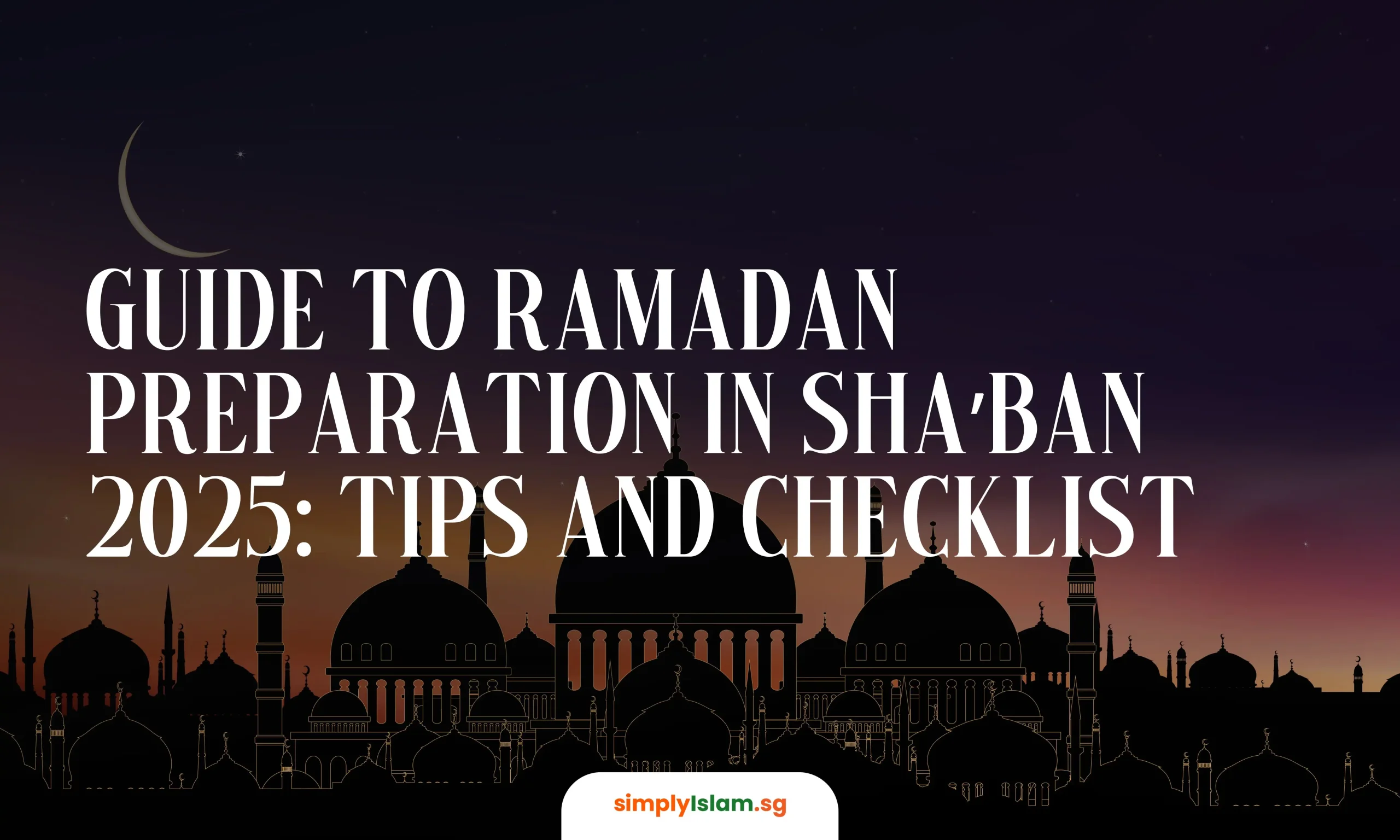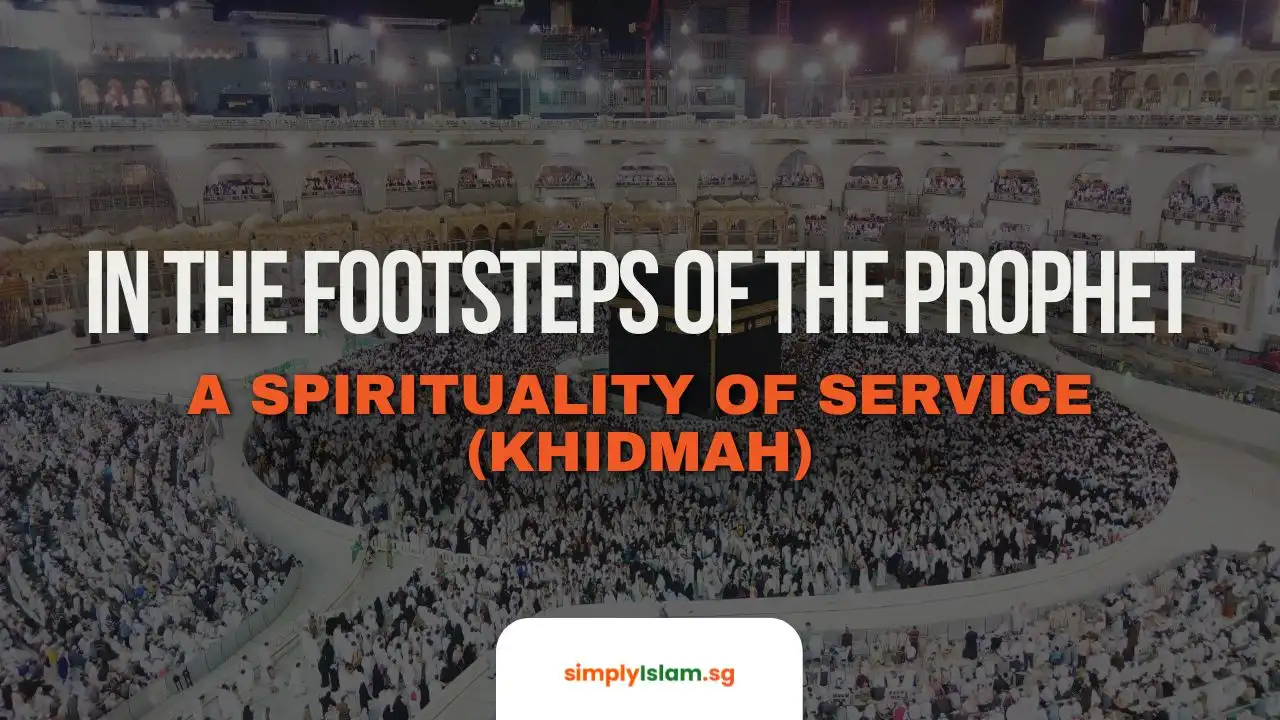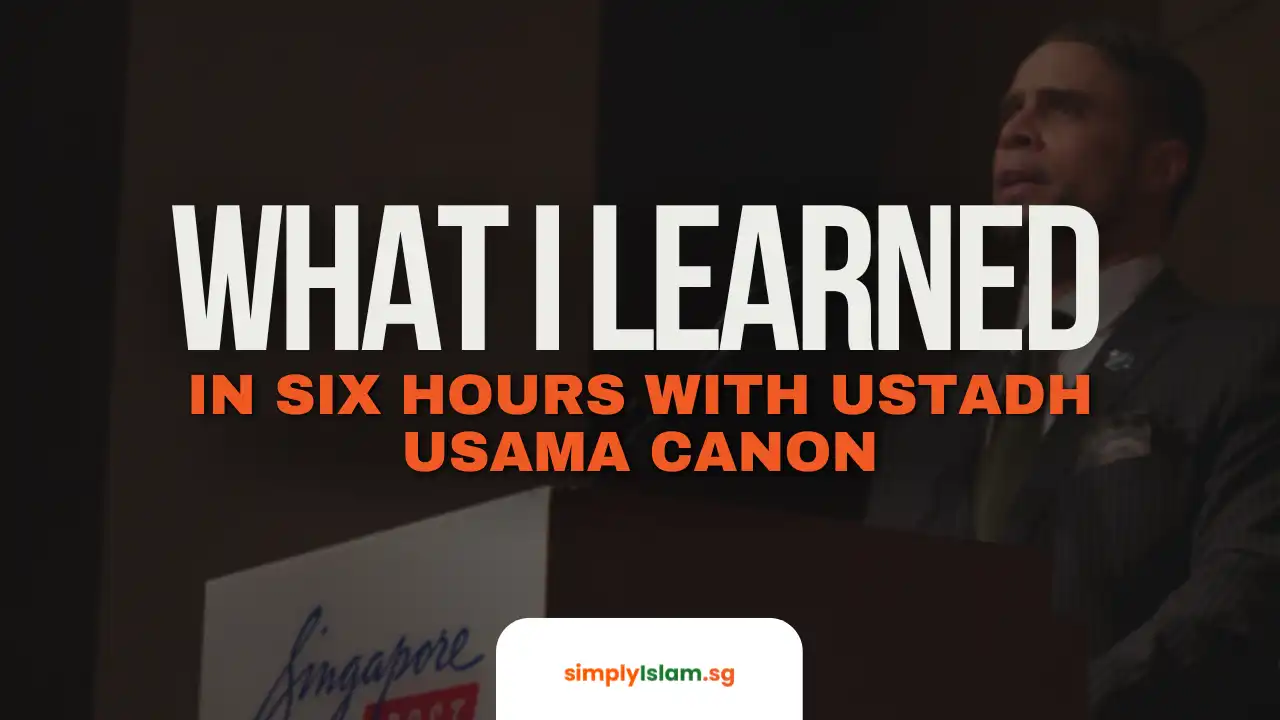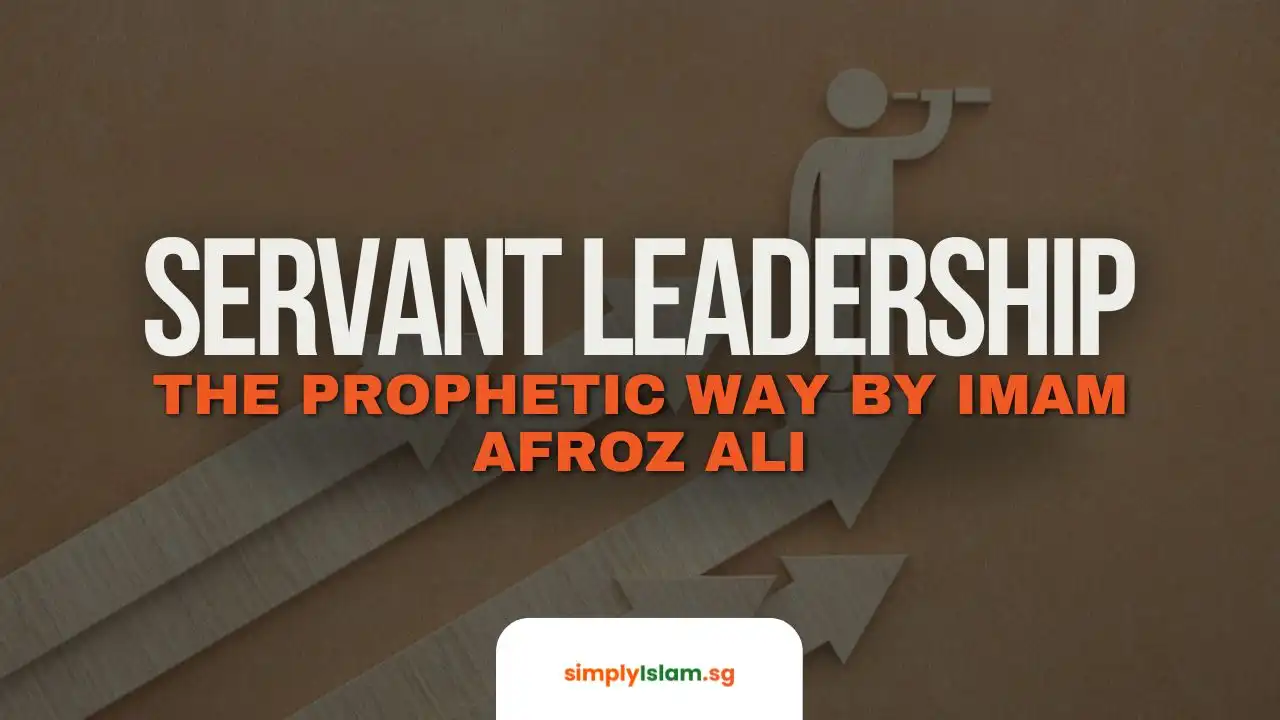

هللا أكبر هللا أكبر هللا أكبر. هللا أكبر هللا أكبر هللا أكبر. هللا أكبر كلما هل هالل و أبدر. هللا أكبر كلما صام صائم و أفطر. هللا أكبر كلما ترى
سحاب و أمطر, وكلما نبت نبات و أزهر, وكلما أورق اوظو فأزهر, كلما طهم القانع و المعتر. هللا أكبر هللا أكبر هللا أكبر, ال إله إال هللا.
هللا أكبر هللا أكبر, ولي هللا الحمد. الحمد هلل الذي سهل للعباد طريقة للعبادة ويسر, ووفاهم اجور أعمالهم من خائن جوده اللتي ال تحصر.
و جعل لهم يوم عيد يعود لهم في كل سنة ويتكرر, وزكى أبدانهم من درني السيآت وطهر. وتابع بين األوقات لكي تشي دة بأنواع العبادتي
وتأمر. فما مضى شهر صيامي الى وعقبه بأشه الحج الى بيته العتيق المطهر. أحمده سبحانه و هو المستحق ألن يحمد و يشكر. وأشكره
على نعم ال تعد و ال تحصر. وأشهد أن ال اله اال هللا وحده ال شريك له, الملك العظيم األكبر, الذي جعل لكل شيء وقتا وأجال وقدر, و
أشهد أن سيدنا محمد عبده و رسوله الشافع المشفع في المحشر, نبي ما طلعت الشمس على أجمل منه ودشا وال أنور,نبي اسرية به من
بيت الحرام الى المسجد األ قصى. وعرج به الى السماء حتى كان له فوق السموات مصعد و مزهر. أعطاه هللا سيادة بني أدم األسود و
األحمر. نبي ا غفر هللا له ما تقدم من ذنبه وما تأخر.مع ذلك قام على قدمه الشريف حتى تفطر, وجاهد في هللا حق جهاده فما توانى وال
تأخر. اللهما صلي وسلم على عبدك و خليلك محمد وعلى أله وأصحابه اللذين أذهب هللا عنهم الرجس وطهر. هللا أكبر هللا أكبر ال اله إال
هللا هللا أكبر هللا أكبر وهلل الحمد. أما بعد فيا أيها الناس إتقو هللا تعالى واعل مو أن يومك هذا يسمى يوم الجوائز, فيرجع فيه المصلى كل بما
قسم له فائز. وقال هللا تبارك وتعالى, اعوذ باهلل من الشيطان الرجيم, باسم هللا الرحمان الرحيم “للفقراء الذين احصروا في سبيل هللا ال
يستطيعون دربا في االرضي, يحسبهم الجاهل أغنياء من التعفف. تعرفهم بسماهم, ال يسألون الناس الحافة. وما تنفق من خير فإن هللا بع
عليم”.
Allah subhanahu wa ta’ala says in the Qur’an, for the poor who are restricted in their travelling in
Allah’s path, who do not find a road in the earth, the ignorant might think them to be needless, because they will not accept help. You see them and know them by their faces, they do not beg of people. But, whatever you give of good, know that Allah is knowing of that.
In this verse Allah subhanahu wa ta’ala is praising the truly poor who are ashamed to ask, and who
when we look at them, we might not think that they’re poor at all. This is of their dignity, but Allah still urges us to give. Now that we have ended and sealed the fasting month of Ramadan, one of the last things that we are required to do, is to pay the Zakat al-Fitr (obligatory almsgiving of Eid al-Fitr), but it is not much. But we might think, why this additional Zakat. As well as the Zakat al-Mal (wealth),
there is this additional small amount, 5 pounds or so, why? The origins of this, is to ensure that there is nobody on the day of Eid who goes hungry. And the gift has to be really, in wheat or in barley. According to some of ‘ulama (Islamic scholars) dates, basic food stuff, staples, the stuff of life. This is important.
Ramadan is a month when we give away our desires, and one of the things we give is our wealth. And
I want to reflect on this. Because, in the context of today’s world, our status as a generous Ummah (nation), and Ramadan was the time where the Holy Prophet alaihi salat wa salaam (upon him Blessings and Peace) was at his most generous.
كان رسول هللا صلى هللا عليه وسلم أجود الناس, وكان أجود ما يكون في رمضان.
We are the Ummah of givers. Alhamdulillah (all Praises be to God), even though we are not the
wealthiest community in this country, statistically we give more per head than members of any other
community. Alhamdulillah, this karam (generosity) which is the nobility of the believer. Allah
subhanahu wa ta’ala doesn’t care about the letters after our names, doesn’t care about or ancestors,
doesn’t care about which class we’re born in to, doesn’t care about status. But he cares about real
nobility, and this nobility in Arabic, karam, is linked to the idea of karim, which means generous. The
generous person is the noble person. The one who transcends his own selfish desires and cares for others.
In today’s world, this is not working very well. Today’s world is a world of immense disparities.
Between rich and poor, haves, have nots, people with status, people who are despised, people with the
right passports, people with the wrong passports, it is an unequal age. Two centuries or more after the
enlightenment launched the slogan of liberty, equality, fraternity, never has the world been so unequal. The richest 1% of adults own 40% of the world’s wealth. This is historically incredible. The three richest people in the world own more than the 50 poorest countries in the world, all put together. This is extraordinary. In the US Warren Buffet, Jeff Bezos, Bill Gates, own more than the poorest half of the American population. So much for the American dream.
According to Oxfam and other charities, Covid has made this even worse. The rich survive, they sit on
their yachts, they watch their investments, they got gold, they are sitting pretty. But about the man who is driving a taxi and can’t? Or the cleaner whose office is closed because everybody is working from home. Or the restaurant owner whose restaurant is closed. So many people who are a bit more marginal are really suffering and have been suffering. As an Ummah, very often, we are towards the bottom of the economic hierarchy. And we too are people suffering, and we should look to those who are needy in our families, in our communities, in our neighborhoods, to see who is too proud to ask for help, but who really needs help. Maybe that help can take the form of doing something for this business, giving him or her a break, helping them out. It doesn’t have to be a handout.
But in the month of Ramadan the last act of which really before the Eid is Zakat al-Fitr. We are reminded that we are an Ummah whose nobility comes about through generosity, through Karam, through Ikram. So, we are the Ummah that cares. The Qur’an is constantly urging us to care. Some of the very earliest verses of the Holy Qur’an to be revealed are about the need to care. Quraish too was divided, between the super-rich, and the destitute. Between Abu Lahab, Abu Jahal, Abu Sufian, Umayyah ibn Khalaf on one hand, the Oligarchs of Quraish, and those who were sleeping, starving in the dusk outside their front doors. And the Qur’an urges us to fight against that.
This is part of the fight of the Holy Prophet salallahu alaihi wasallam (Peace and Blessings be upon
him), the one who says <لقتلته رجال الفقر كان لو ,< subhanaAllah, very strong statement in this hadith. He
says, “were poverty to be a man, I would slay him”. He himself chose poverty for himself. Because of
his generosity and supreme nobility, he was not concerned with dunya (this temporal world), he trusted in his Lord. But those who are in a state of compulsory poverty, who cannot feed their families, who are desperate, and the masakin (the poor), this makes him angry. And it is a Sunnah to feel that anger.
ولي ذي القربة واليتامة والمساكين وابني السبيل كي ال يكون الدونة بين االغنياء منكم.
The relative, the orphans, the destitute, the travelers, (give, distribute), so that the wealth may not
circulate amongst the wealthy amongst you. (Qur’an 59:7).
Rich people doing deals with each other and maybe a few crumbs fall from their table but basically, it’s the rich who get richer and the poor are destitute. So, he, salallahu alaihi wasallam, a man who cared for the poor. Not just in theory, but in practice because he chose to live with the poor. He would not eat when his neighbor was hungry, this is impossible for him. The poet says:
“ظلمت سنة من أحيى الظالم الى أن اشتكات قدماه الضرة من ورم و شد من صغ ٍب أحشاءه وطوى تحت الحجارة كشحا مطرف األدم.
ووردته الجبال الشم من ذهب عن نفسه فأراها ألي ما شمم. و أكدت زهته فيها ظرورته, إن الظرورة ال تعد على العصم, وكيف تدعو
الى الدنية ظرورة من لواله لم تخرج الدنية من العدم, محمد سيد كونين وثقلين والثرقين من عر ٍب ومن عجم “
SubhanAllah, when we praise him salallahu alaihi wasallam, we remember his poverty. The poet says,
“I have wronged the Sunnah of the one who spent his nights in prayer. Standing so that his feet
complained from the swelling. The one who tightened the flat stone above his belly (fortunate stone to
be pressed against that skin). And the mountains themselves offered to turn to gold, to take him from
himself, but he turned his back on them. And he is doing without emphasized the necessity and the
neediness that he was in, but even that extreme necessity can never take a righteous person away from righteousness. And how can necessity call to this world that person but for whom this world would not have come out of non-existence. Muhammad is the master of the two worlds and the two kinds, men and jinn, and the two types, Arabs and non-Arabs.
This is his boast, a counter-cultural boast. Look at the billionaires who boasted their yachts, and their
duplexes in Monte Carlo, and their bank accounts at Fonseca and in Switzerland. Boasting and boasting and boasting just about numbers. But he says alaihi salat wa salaam فخري الفقر” poverty is my pride”.
So, we are to be the Ummah of solidarity with the poor. In this messed up world, which tried
communism, that levelled this out and that failed, and it was a nightmare. We tried socialism, that has
fizzled out, that is now in the grip of this turbo capitalism that is crunching down upon the poor. And
this is not even a political left or right position, the Sunnah position is, the poor come first. Give and
give and give whatever you think the government should be doing, give and give and give because there will always be Barakah (Blessings) in your giving.
This is a time also when we see such disparities brought before our very eyes, on our television screens. The inequalities of power, of wealth, of privilege, in this world are so extreme. Three, maybe four years ago, I had the great honor and privilege of saying the prayer of Eid al-Fitr in al-Masjid al-Aqsa, one of the great experiences of my life. The supreme place of supreme beauty. And the Eid prayer there in Palestine, what a beauty it is. People come from the villages and it is difficult for them, sometimes they are obstructed, sometimes it takes them days, and they sleep at the roadblocks because they want to make the prayer in al-Masjid al-Aqsa. They know this is a Prophetic commandment, they know the rewards are multiplied in the Noble Sanctuary. They know in the sound hadith narrated by Bukhari that we are required to go there ثالث اذتا الى الرحال تشدو ال” we go to the three sacrosanct mosques”.
And everybody who can, should go in obedience to the chosen one. And to bring heart to the Palestinians who so often feel alone and abandoned. So they come from all over, they come from Jaffa, from Janin, from Tulkaram, they come from Al-Khalil, they come from Ramallah, they come from Ariha, all to the Haram. They flood through its gates, which open, except for one gate. SubhanAllah, the Haram is so full of signs. The one gate that is always closed, that is blocked up with great stone slabs, the Golden Gate – it will only be opened when Sayyidina al-Mahdi alaihi salam comes to offer his triumphant prayer in that triumphant place. But the other gates are open, and Allah’s slaves, very often very poor, SubhanAllah. I met this old woman who would come walking because the buses weren’t allowed to travel, all the way from Bethlehem. She wanted to pray in the Haram, how was she buying food and drink, this really poor woman, with those wonky old shoes, and she had old age. It’s a long long walk, a day and a night perhaps. She brought a few old postcards which she was hoping to sell just to buy a little food. But she really wanted to pray in the Haram, SubhanAllah.
And they come before fajr (dawn prayers), during the night, and they bring their prayer carpets just as
we do. Because the mosque itself is not big enough and the whole Haram which is the real mosque fills with them. And they pray between the trees, between the beautiful olive trees. And they see all of the signs, and they see the place where the Holy Prophet alaihi salat wa salaam tied up al-Buraq and they see the Dome of the Chain, and they see the Dome of the Rock. And they’re praying in the cave underneath the rock where they say, Sayyidatina Maryam offered her devotion. The whole place is a
miracle. And then the adhan for fajr soars up into that black night sky, no moon of course, this is the
Eid. And the people line up and the beautiful voice of the Imam has a connection to this mosque and
has written in support of this mosque in the past. SubhanAllah, despite the enormous difficulties which he is facing, he thinks about us and prays for us.
Beautiful voice and those beautiful people, the poor, the destitute, some of them refugees, some of the
weakest people on earth, they are in that glorious place. And then the salam, but people don’t leave,
everybody stays. And from the mosque you hear Qur’an, and tasbih, and the takbirs of Eid, and beautiful things. It’s like being in heaven as the sky slowly becomes light. The rosy dawn spreads over from behind Jabal Zaitun, from behind the Maqam of Rabiah al-Adawiyah. Past the great tombs of Sayyidina Shaddad ibn Aws, Ubadah ibn al-Samit, some of those who are closest to the Holy Prophet, salallahu alaihi wasallam, who are buried right there next to the Haram. And then the sky gets lighter, it’s a miracle. I’ve never seen such a beautiful sky. And then the moment comes when the first golden shaft of the rising sun comes from behind the mountain and reaches the very top of the great golden Dome of Qubbat al-Sakhra. The golden crescent and then the Golden Dome bursts into a blaze of light. The people below still in shadows and darkness, it’s like it’s still nighttime, but the dome is glowing. This extraordinary building built by the Khalifa Abd al-Malik ibn Marwan, which has been proudly there ever since, despite all the vicissitudes and the envy of the envious of the crusaders and it’s still there. The beauty of that scene. And then when the sun is fully up, more tasbih and then everybody lines up…
هللا أكبر هللا أكبر هللا أكبر ال اله اال هللا, هللا أكبر هللا أكبر ولي هللا الحمد.
And with such joy and singleness of purpose the poor, the weak, the destitute, the powerless, those with travel documents that are worth nothing internationally, line up in that glorious place, in that glorious scene to face al-Masjid al-Haram, unified by that Qiblah. I’ve never seen so beautiful a prayer in all of the Ummah of Islam. And the discipline and the restrain and the good adab (etiquette) of those people and their unity is wonderful and reassuring to the heart. But of course, when they go out, then the misfortunes begin, again, the daily grind. They represent in the most intense form the inequalities of today’s world. The haves against the have-nots. Those with status and power, against those with no status and no power. But they remember:
“ونريد أن نمونة على اللذين استضعفو في األرض ونجعلهم أئمة, ونجعلهم الواريثين.”
Allahu subhanahu wa ta’ala said, And they have hope despite suffering a thousand times more than what we could ever imagine, they have hope and they have confidence, they have that glorious place.
مثرى رسول هللا صلى هللا عليه وسلم.
And they go out and they continue to struggle knowing that Allah subhanahu wa ta’ala is with the weak.
أنا عند المنكسرة قلوبهم
He says, “I am with the broken hearted”. And now you see that situation flaring up again, and the heart of every Muslim is there in the Haram with them as they pray at this time amidst all of the flying bullets and the calamities, and the misfortunes brought by that extreme inequality. But, they have hope, and they tell me that they have hope. Because they trust in Rabbal ‘Alamin (Lord of the Universe).
Remember the Holy Prophet salallahu alaihi wasallam, at the time of his Isra’ and Mi’raj, when he was taken in that completely unforeseeable way to, to that completely extraordinary place, that was when he was at his saddest. The year of sadness, his beloved ones had died, it looked as if Quraish were going to prevail, but then he was given this extraordinary meeting.
فكان قوب قوصين أو أدنى.
When he was two bows’ lengths or still nearer (Qur’an 53:9).
So, the Palestinians have that awareness. They know that Allah is Lord of history, they know what
happens ultimately when Firaun confronts Musa, when Nimrod confronts Ibrahim, when Abu Lahab
confronts Sayiddina Muhammad صلى الله عليه وسلم .They know what is the outcome, and they know who are the inheritors. What is the symbolism of that place? The glorious inclusivity of the religion that comes as a crown for the city, not denying but affirming. What does he do, alaihi salat wa salaam, when he is in the Noble Sanctuary? He affirms the other prophets, he leads them in prayer, he has come to fulfill not to negate. This inclusivity of the Holy Prophet and of the Islam is part of the khatmiya of the final prophet. The inclusivity, he affirms that place and the great ones who love that place.
So, the Palestinians also know that that has to be the solution. And they look forward to a time when
history will change الماكدين خير وهللا Allah is the best of planners.
Walk into any secondhand bookshop in Cambridge and look at the old Atlas, from say 100 years ago,
and consider how the world has changed. Great Empires overthrown, borders abolished, new borders
created. The world is always influx, it’s fluid, this will continue. History is a series of unexpected
surprises. So we do not despair and we look forward to the day when the whole of the land, which the
Holy Prophet alaihi salat wa salaam has said is blessed. That Holy Land will be once again free. Free
in the sense that everybody will be equal, Jew, Christian, Muslim, equal. Able to live wherever they
wish, not suffering from discrimination. When the walls will crumble, when the cages will be unlocked
and Allah subhanahu wa ta’ala’s word will be uppermost once again, and the spirit of the Isra’ and the
Mi’raj, and the beauty of the chosen one (as) who came respectful of the Taurah, respectful and the Injil. Teaching us to love Sayyidina Musa, teaching us to love Sayyidina Isa. This is the reality of Islam, and this is the reality only of Islam. So, we look forward to that time with confidence and prayers when the walls come down, and the ugly terrorism is at an end. And human beings once again can live as Allah wished, as Allah’s servants, as brethren. So, in these difficult times, when the immediate horizons look dark, we look to the further horizon. And remember that Allah is الواريثين خير the best of inheritors. So, the Holy Prophet is pointing us to a bright future.
الفأل يحب وسلم عليه هللا صلى هللا رسول كان He used to love optimism. In all of those dark days when the
world seemed to be against him in Makkah and in Madinah and the Arzab and Quraish and all of those tribes, a tiny island of tauhid, surrounded by a great surging ocean of envious and hateful polytheism, he was always hopeful. He knew that things return to Allah. Allah is ر قدي ء ٍشی کل ی
عل , and this should be the way for Muslims. So, we look for victory, < قريب هللا نصر ان ,< Allah’s victory, not victory on our terms, not a victory of vengefulness, not a victory of exclusion against another exclusion, but a victory which opens the horizons to everybody to coexist in respect as Abrahamic believers equally in a united land. Nothing else is good enough for that Holy Place. So, we ask Allah Subhanahu wa ta’ala to bring that healing to that place and to give us solidarity with those who are suffering in that place. And Insha’Allah to grant to those who have died righteously in that place the best of rewards Baraka Allah Fikum (Blessings of Allah be upon you all).

